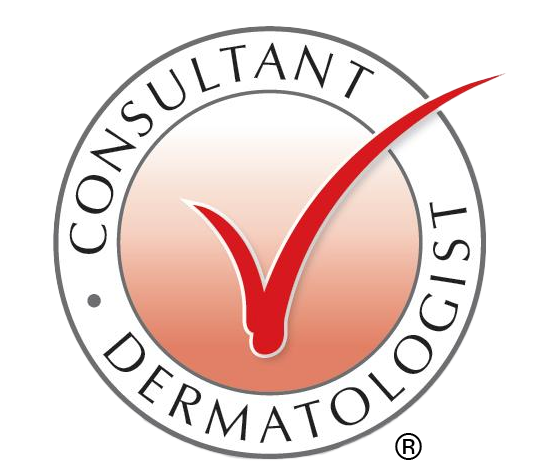Updated frequent hand washing advice
March 18, 2020
By British Association of Dermatologists (BAD)
Statement on frequent hand washing to reduce coronavirus risk for people with skin diseases affecting the hands
The British Association of Dermatologists (BAD) makes statements on best practice, teaching, training and research in dermatology which is often followed by dermatology departments and consultants in the Republic of Ireland. This statement was last updated by the BAD on 17th March 2020.
Hand sanitation is a crucial part of infection control strategies, and regular handwashing, for at least 20 seconds is recommended. For handwashing instructions, please click here.
Although handwashing is preferable, hand sanitisers can also be used to reduce the risk of coronavirus spreading.
Repeated exposure to water and use of soap, alcohol hand gel, and other detergents can cause dry skin, and what is known as irritant contact dermatitis – a form of eczema. Irritant contact dermatitis can cause the skin to itch, become sore and red, and develop small blisters or painful cracks (fissures).
If you already have dry skin either from a skin condition, from medication (such as isotretinoin) or because you are washing your hands more than normal then you may be particularly susceptible to this.
Hand management tips
Here are some tips on minimising the impact of frequent handwashing on the skin:
- Products known as soap-substitutes perform the same hand sanitising role as traditional soaps. However, these provide moisture to the skin and minimise the risk of irritation and dryness. You can ask your pharmacist to help you find a suitable product.
- Dry your hands fully after washing by patting them dry, not rubbing.
- Moisturisers (emollients) are an essential part of treating hand dermatitis. They help repair the damaged outer skin and lock moisture inside the skin making it soft and supple again. They should be applied after handwashing, repeatedly through the day, and whenever the skin feels dry.
- Some people find overnight moisturising treatments beneficial. Apply a generous layer of a plain moisturiser just before you go to bed, then put on a pair of clean cotton gloves and leave overnight.
- When the hands are going to come into contact with water or detergents, but when not specifically washing the hands (such as when washing up, shampooing a child’s hair, or using cleaning products), wearing gloves that provide a barrier (such as nitrile gloves which are available from chemists or from online stores) will help to keep the skin’s barrier intact.
Severe hand dermatitis
If you have severe hand dermatitis or suspect an infection (for example, your skin is oozing) you may need to see your GP.
You may need prescription treatments to reduce inflammation.
General Guidance
Follow advice provided to the general public in minimising the risk of infection:
DO
- cover your mouth and nose with a tissue or your sleeve (not your hands) when you cough or sneeze
- put used tissues in the bin immediately and wash your hands afterwards
- wash your hands with soap (or a soap-substitute moisturiser) and water often – do this for at least 20 seconds
- always wash your hands when you get home or into work and before eating
- if you have dry skin then use moisturiser after washing your hands
- use hand sanitiser gel if soap and water are not available
- try to avoid close contact with people who are unwell
DO NOT
- touch your eyes, nose or mouth if your hands are not clean
Consider avoiding crowded places or crowded transport if possible.
In Ireland, if you become unwell or develop a fever, follow the advice given by the HSE.



